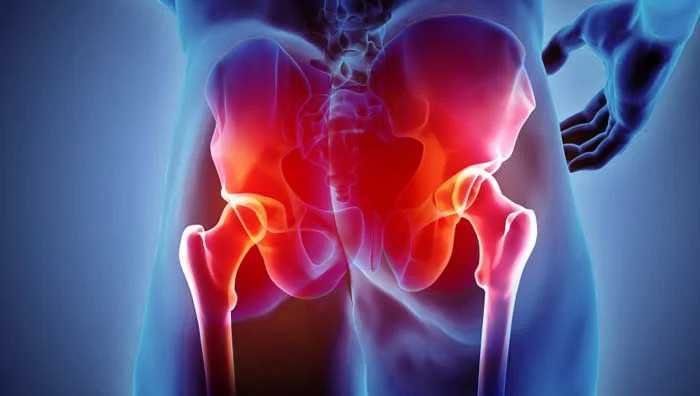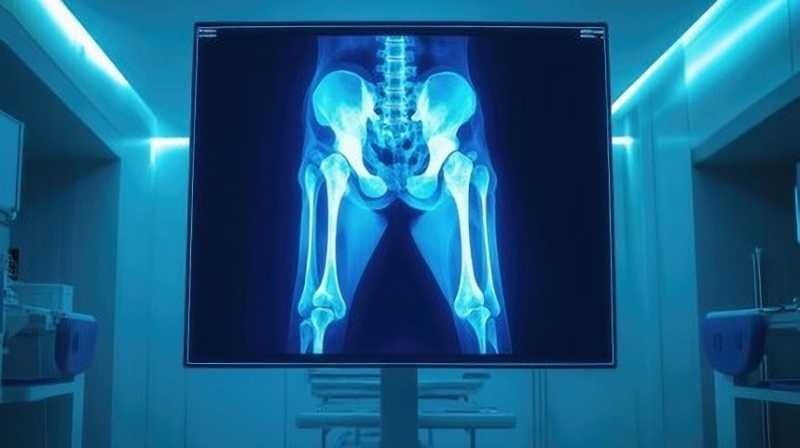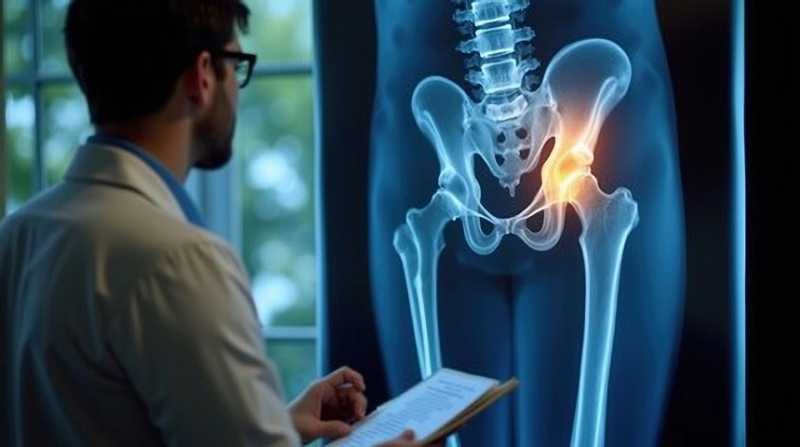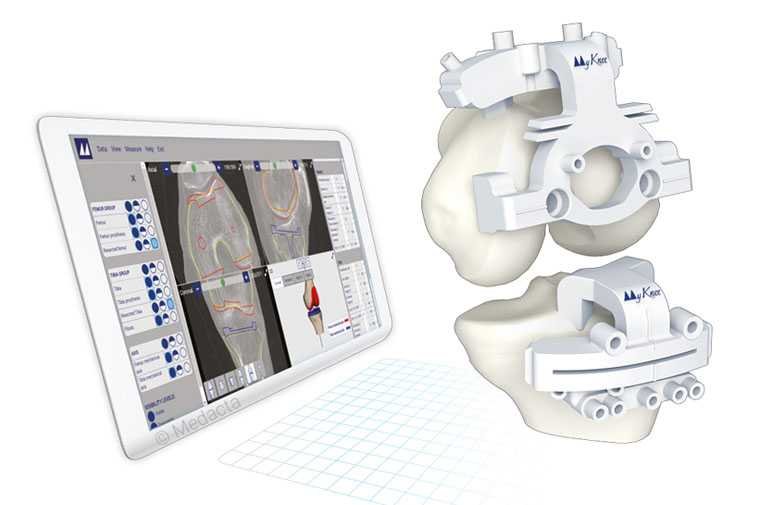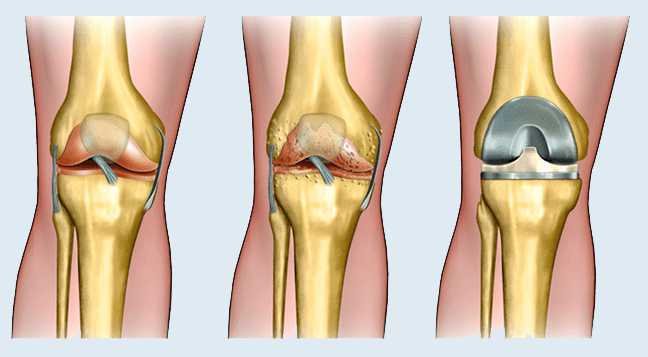Hip Dysplasia and Hip Impingement
Your hip is a ball-and-socket joint. The ball at the top of your thigh bone, or femur, fits into a socket in your pelvis called the acetabulum. Hip dysplasia occurs when the socket doesn’t adequately cover the ball. This may be because the socket is too small or shallow, isn’t positioned correctly, or both.
Hip impingement (also called femoroacetabular impingement, or FAI) occurs when normal movement results in abnormal contact between the ball and socket of your hip joint. Typically, this happens when the socket, ball, or both have an irregular shape. The resulting shape mismatch between the ball and socket causes wear of your hip joint.
Labral Tears
In both hip dysplasia and hip impingement, some of the earliest symptoms are caused by irritation or tearing of the hip labrum, a type of cartilage that lines the rim of the hip socket. A hip labrum tear is nearly always the result of an underlying condition. It is important that the treatment of your torn labrum also includes identifying and treating the underlying condition to fully restore function and minimize the risk of the injury recurring. Over time, untreated hip dysplasia or hip impingement can lead to arthritis and, eventually, hip replacement surgery.
Avascular Necrosis
AVN of the femoral head happens when part of the ball at the top of your thigh bone loses blood supply, causing that segment of bone to die. Your body tries to heal the area by replacing the dead bone with new, live bone. Unfortunately, the new bone is weaker than normal bone, resulting in pain when you put weight on it. Eventually, the weak area collapses, and the ball no longer fits well in the socket. Over time, this irregular bone wears away the cartilage in your hip joint, causing arthritis.
Is Hip Preservation Surgery for You?
New Option for People Under Ages 15 to 55
Hip preservation surgery is a relatively new option for people ages 15 to 55. Occasionally, it may be an option for people who are younger or older. Hip preservation procedures may be beneficial for adults who:
- Were diagnosed with hip dysplasia as children or young adults and now have pain
- Have hip impingement
- Have AVN of the femoral head
- Put their hips through extreme ranges of motion during athletic activities
Best for Those Who Haven’t Developed Arthritis
People who have hip preservation treatments before arthritis develops have the best success. If you have moderate hip arthritis, you may benefit from a different hip surgery, such as hip replacement.
An Option After You’ve Tried Nonsurgical Treatments
Our comprehensive evaluation of your condition will help determine the best treatment approach for you. Your treatment may start with nonsurgical therapies such as:
- Activity modification
- Nonsteroidal anti-inflammatory medications
- Ultrasound-guided injections of numbing medication, with or without steroid medication
- Physical therapy
If these are unsuccessful, hip preservation surgery may be the next step. We work with you to help you understand your condition, manage your expectations, and achieve the best possible outcome.

